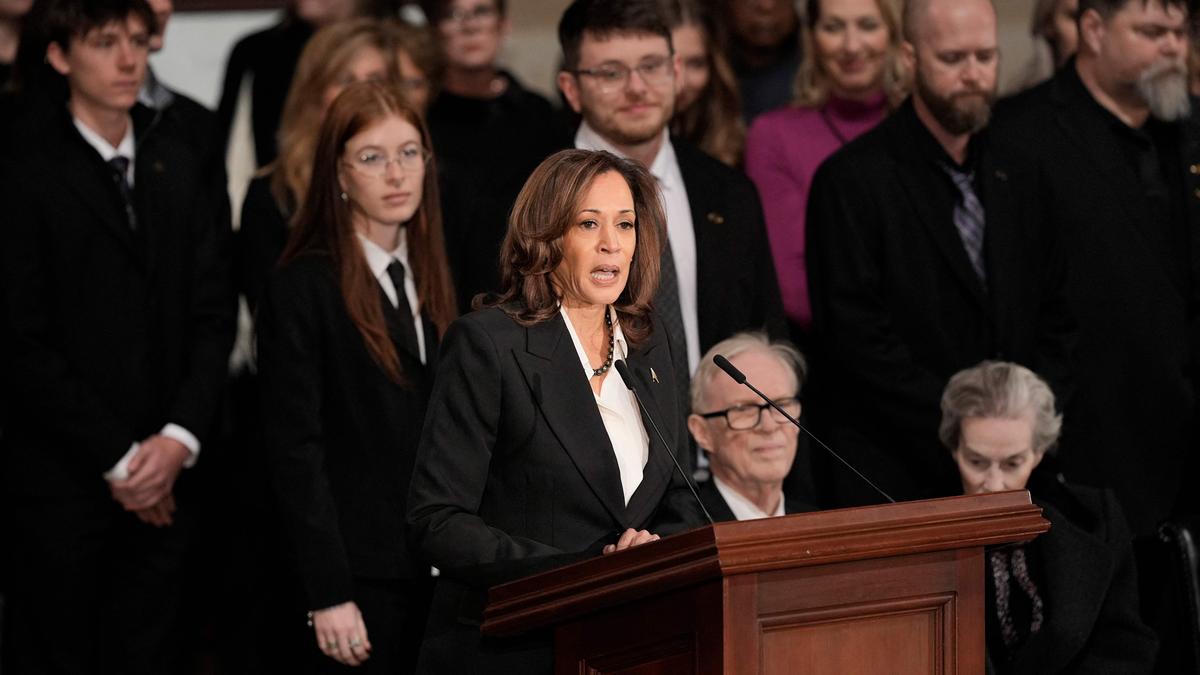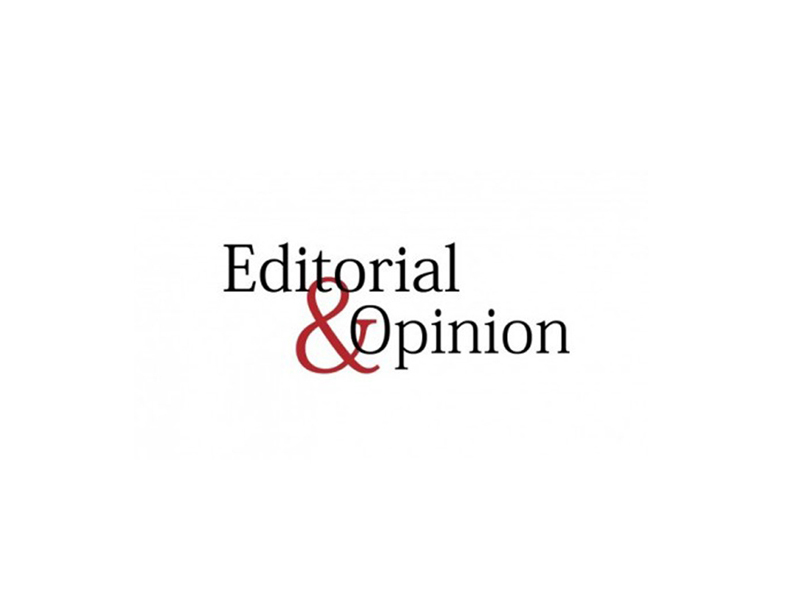World
Limiting illegal immigration in Europe

NICK EICHER, HOST: Up next: Immigration policy in the European Union.
Over the past year, the EU has been implementing policies that are increasingly tight on illegal immigration and asylum seekers…while working hard to open borders to legal migrant workers.
WORLD’s Mary Muncy reports.
GEERT WILDERS: There is a new wind blowing in Europe.
MARY MUNCY: Geert Wilders is the Dutch Chairman of the Party of Freedom. It’s a conservative party in the Netherlands.
WILDERS: The people are fed up with the asylum and immigration policies that they have met so far in their own nations.
Wilders’ party won a record number of seats in 2023, giving it the majority, and it’s not the only country in Europe toughening its standards on migration.
BBC: Italy’s prime minister has warned Europe will be overwhelmed by migration unless the EU finds solutions.
Italy has been leading the charge, saying its position on the border of the union puts it at a disadvantage. But inland countries are not far behind.
BBC: The German government has announced a package of tougher security and asylum measures after three people were fatally stabbed at a street festival last week. The killings sparked an intense debate over asylum laws when it emerged that the main suspect is a young Syrian man facing deportation.
And last May, the European Union elected a swath of tough-on-immigration members and passed sweeping migration reform.
DW NEWS: The European Parliament approved what is being billed as a fairer system of settling new immigrants the changes will bring in tougher border checks.
But some countries within the EU are moving in the opposite direction.
ELMA SAIZ: (SPANISH) One year and renewals will be for four years.
Spanish Migration Minister Elma Saiz announced last month that the country will issue hundreds of thousands of work permits to migrants.
ELMA SAIZ: (SPANISH) Spain has to choose between being an open and prosperous country and being a closed and poor country.
Saiz says Spain needs to choose between being an open and prosperous country or being a closed and poor country. But are those the only two options?
ANASTASIA KARATZAS: These seem to be two conflicting policy priorities.
Anastasia Karatzas is a policy analyst with the European Policy Center in Brussels.
KARATZAS: Countries pushing back asylum seekers or pushing back against people claiming asylum, on the one hand, but also then offering more opportunities for people to come and work legally.
Karatzas says tighter migration policies are likely fueling labor shortages, so policymakers are trying to create easier legal ways for people to work in their country.
KARATZAS: The fact that we need migrant labor, the fact that we desperately need these workers, actually is mentioned more and more at high level, so by the EU for example.
But labor markets aren’t the only consideration.
KARATZAS: it is very expensive to for people to claim asylum and for the state to have to provide support throughout that process
The European Union’s reforms could lower costs by removing migrants whose claims are denied faster. And the number of migrants illegally crossing borders has gone down.
The European Union’s border agency FRONTEX says crossings peaked at 400,000 last year… and about half as many people made the attempt this year.
KARATZAS: But it’s very difficult to attribute causality to these policies.
Public sentiment against migration lawbreakers has been growing in the EU—and citizens are showing it with their vote. Tough on migration parties all over the block gained power this year.
Similar to the U.S., the EU has seen a few high-profile crimes committed by migrants recently and citizens worry about supporting a high influx of migrants in a welfare state.
MARTIN RUHS: I think what a lot of people are concerned about is not so much the material effects, but more like fairness considerations.
Martin Ruhs is a professor of migration studies at the European University Institute in Florence.
He says a lot of countries are starting to make access to welfare benefits for migrants conditional. Like a migrant might only get access to low-income housing after they’ve paid taxes for a certain amount of time.
RUHS: Over the past decade, European countries have been trying to come up with more effective responses to migration. And that struggle continues.
He says in the overall picture, there is a lot of political pressure to become more restrictive on migration, but at the same time, some countries are already realizing they won’t be able to keep their economy going without more workers.
RUHS: When it comes to labor migration, for example, a number of countries realize that they have significant shortages in high and low skilled sectors, and they’re issuing work permits and they’re considering regularization programs.
But countries have to walk a fine line. Ruhs says Europe can’t let labor migration take the place of the asylum program; some people need asylum and should have the rights and time frame that come along with it.
RUHS: It’s quite important, from a policy perspective, to think hard. How do you maintain the integrity of your different types of policies?
Ruhs says one of the differences between the two systems is the perception of control. Labor migration involves people applying to come into the EU from outside of it. A certain number are admitted into various countries in
WORLD Radio transcripts are created on a rush deadline. This text may not be in its final form and may be updated or revised in the future. Accuracy and availability may vary. The authoritative record of WORLD Radio programming is the audio record.










